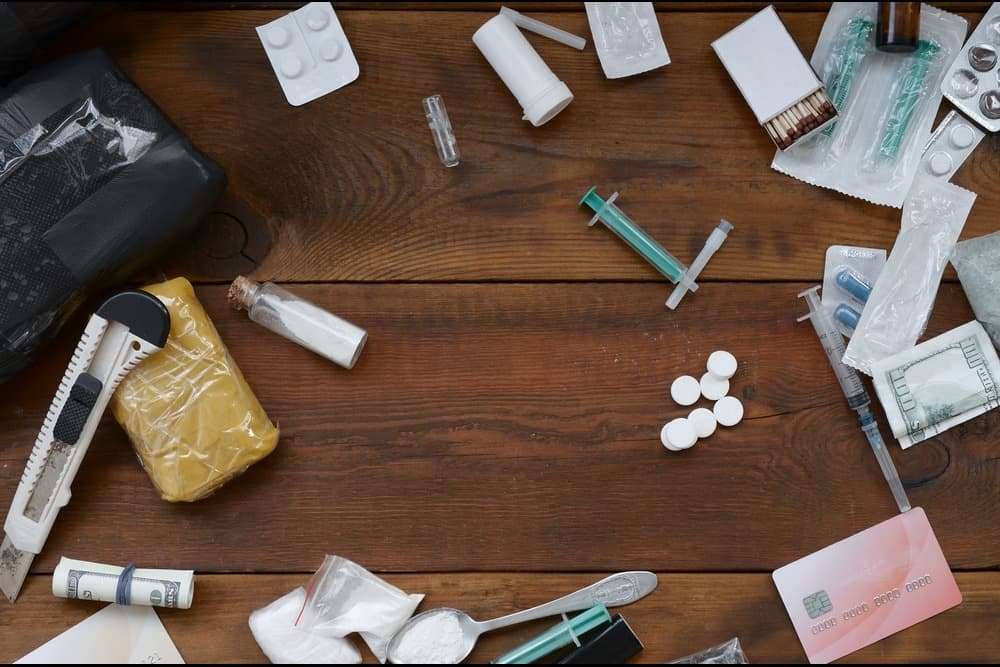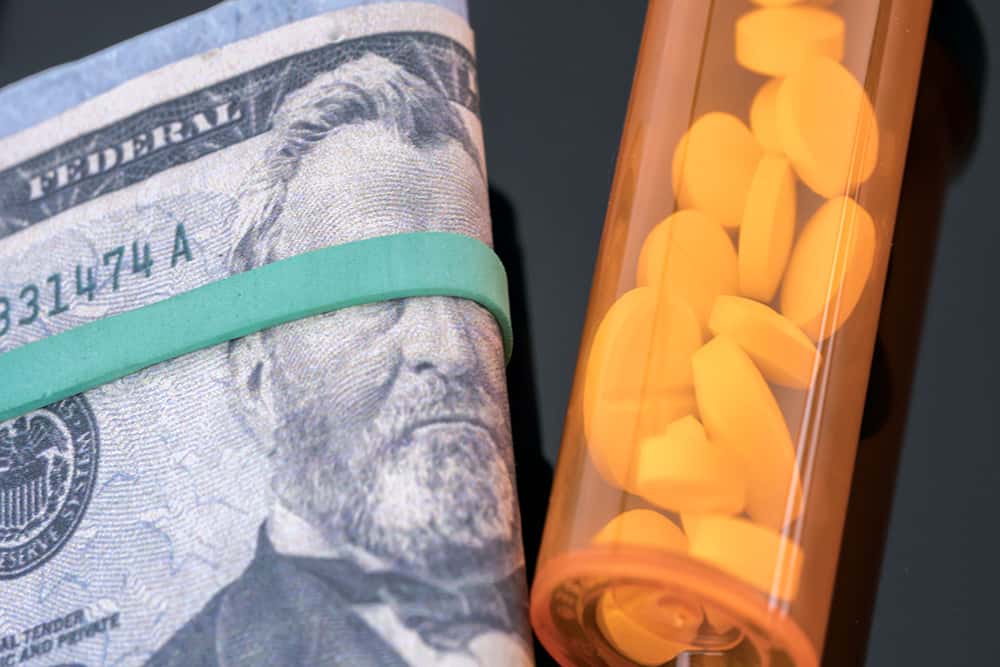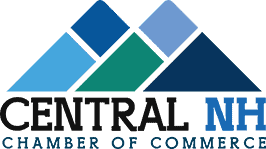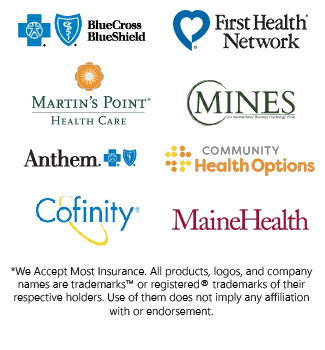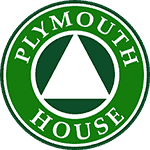New Hampshire is known for its beautiful landscapes, outdoor recreational activities, and traditional towns. However, like many states across the country, New Hampshire has been grappling with a drug epidemic that has been devastating for families and communities alike. In this article, we will explore the most commonly used drugs in New Hampshire, their effects, and the efforts being made to combat drug abuse in the state.
Guardian Recovery Network is here to provide assistance in conquering addiction. While it may be a challenging journey, it is certainly achievable. Our organization has aided numerous individuals, including yourself or a cherished individual, in taking the necessary steps to regain control of their life. We aim to empower you to take the first step towards recovery. For additional details, please don’t hesitate to contact us today.
Opioids
Opioids are among New Hampshire’s most used drugs, with a 5% of the population reporting misuse of prescription opioids. This number is higher than the national average of 3.6%. Opioids can include:
- Oxycodone
- Hydrocodone
- Fentanyl
- Heroin
In 2020’s list of preventable opioid overdose deaths, 70% were men at 45,991 fatalities, while women made up 30% with 18,192 deaths. Since 1999, the rate of female opioid overdose has risen significantly more than men with an increase of 1,326% compared to men at 901%.
Methamphetamine
Methamphetamine, commonly referred to as meth, is another one of New Hampshire’s most used drugs. According to the New Hampshire State Police Forensic Laboratory, meth seizures between 2016 and 2019 increased by 280%. Meth is a stimulant that can cause a range of physical and psychological effects, including increased heart rate, elevated blood pressure, paranoia, and aggression.
Cocaine
According to the National Institute on Drug Abuse, cocaine use in New Hampshire has been increasing in recent years. It can be snorted, smoked, or injected and can cause a number of physical and psychological effects, including increased heart rate, constricted blood vessels, and feelings of euphoria.
The severity and duration of these effects can vary depending on various factors such as the dosage, frequency of use, method of administration, and individual differences in sensitivity and metabolism. Cocaine abuse can also lead to various social, legal, and financial problems. It is important to seek professional help if you or someone you know is struggling with cocaine addiction or abuse.
Marijuana
While becoming more accepted legally across the country, marijuana remains illegal for recreational purposes in New Hampshire. Because of this, it is counted among the drugs that the state has been dealing with in recent years. It is a psychoactive drug that can cause a range of effects, including altered perception, mood changes, and impaired memory and concentration.
Efforts to Combat Drugs in New Hampshire
In 2015, New Hampshire launched the “Doorway” program, which provides resources and support for individuals struggling with substance abuse. The program offers a range of services, including assessment, treatment, and recovery support.
The state has also taken steps to increase access to naloxone, a medication that can reverse an opioid overdose. Naloxone is available at pharmacies across the state without a prescription and is also carried by first responders.
Additionally, New Hampshire has implemented a prescription drug monitoring program, which allows healthcare providers to track the prescribing and dispensing of controlled substances. This helps to identify clients who may be misusing prescription drugs and allows healthcare providers to intervene and provide appropriate treatment.
The drug epidemic in New Hampshire has had a devastating impact on individuals, families, and communities. Opioids, methamphetamine, cocaine, and marijuana are among the most commonly used drugs in the state. However, New Hampshire has been taking steps to combat drug abuse, including the implementation of the Doorway program, increasing access to naloxone, and implementing a prescription drug monitoring program. By continuing to prioritize prevention, treatment, and recovery, New Hampshire can work towards addressing the drug epidemic and improving the health and well-being of its residents.
We Are Here For You
Let Us Help You Heal
Our Drug & Alcohol recovery services are second to none.
Learn how we can help by speaking with one of our Treatment Advisors today.
Contact Us Today to Learn More
Beginning the journey towards addiction recovery can seem like an overwhelming obstacle, especially when finding the motivation to do so can be difficult. The encouraging news is that you don’t have to face this challenge on your own. Guardian Recovery Network is dedicated to providing you with unwavering support every step of the way once you decide to seek assistance. We commence the process by conducting a brief pre-assessment to ascertain which level of clinical care would best serve your needs. Additionally, we offer a complimentary health insurance benefit assessment to determine the extent of coverage for our services, with no obligation on your part.
If you or a loved one is struggling with addiction to any type of addiction, seeking treatment often begins with admission to a medical detox facility. Our detoxification programs are specifically tailored to ensure a secure and comfortable transition from the drug, prior to advancing to subsequent stages of therapy. If you’re prepared to commence your path towards recovery, please reach out to us to explore our detoxification alternatives and personalized treatment strategies.
Get Started Now
Give us a call 24/7
(888) 693-1927
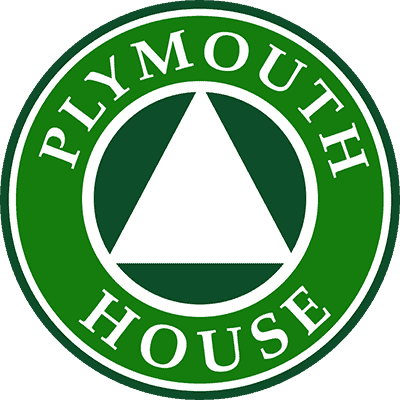

Reviewed for accuracy by:
Russell Beebe MLADC, LCMHC
Russell is a Master Level Alcohol and Drug Counselor (MLADC) and Licensed Clinical Mental Health Counselor (LCMHC) with over 11 years experience treating individuals with substance use and co-occurring disorders. Russell was inspired to get into the field after his experience as a resident at The Plymouth House in 2008.


